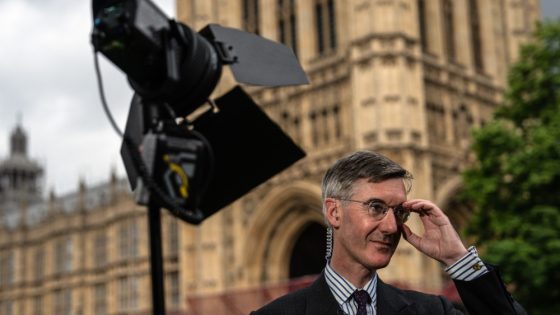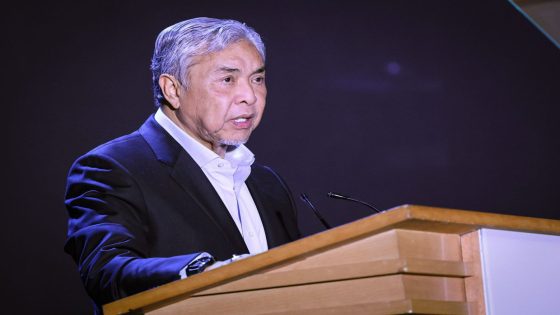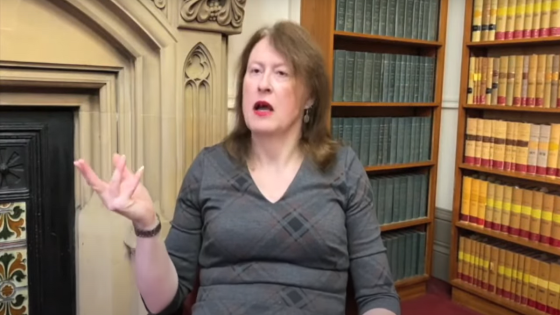U.K. media regulator Ofcom has said it is “sounding a warning to broadcasters” to maintain “the highest level of due impartiality” ahead of a general election that is likely due later this year.
Ofcom has enhanced rules that apply during election periods. Any breaches of election programming rules will be treated as serious and will result in Ofcom considering the imposition of statutory sanctions. The regulator has reminded broadcasters that its Broadcasting Code prohibits candidates in U.K. elections from acting as news presenters, interviewers or presenters of any type of program during the election period. Politicians who are not standing as candidates in a U.K. election can present non-news programs – including current affairs – during election periods, provided that program complies with all relevant code rules.
The warning is in the wake of Ofcom finding last month that that five programs on the GB News channel featuring politicians as news presenters broke broadcasting due impartiality rules. The investigation, which was launched last year, concluded that two episodes of “Jacob Rees-Mogg’s State of the Nation,” hosted by the titular politician; two episodes of “Friday Morning With Esther and Phil,” featuring Esther McVey and Philip Davies; and one episode of “Saturday Morning With Esther and Phil,” broadcast during May and June 2023, failed to comply with Rules 5.1 and 5.3 of the Broadcasting Code. All three politicians are members of parliament representing the ruling Conservative party.
The timing of the warning is apt as it comes ahead of the May 2 polling day that will see local government and mayoral elections take place. The general election must take place before Jan. 25, 2025.
Ofcom also commissioned research that explored audiences’ understanding of news and current affairs content and their expectations of due impartiality when politicians are presenting. The research concluded that viewers and listeners strongly value due impartiality as an important requirement, especially for news programs; audiences recognize the different editorial elements which can determine whether content is news or current affairs, but find it challenging to classify content as one or the other in practice, particularly if a program contains both; and people expressed a range of views about politicians presenting current affairs programs, but although there were concerns, there’s no clear consensus for an outright ban.
“There are a number of important lessons here for broadcasters. We expect them to pay close attention to what their viewers and listeners are telling them through the research, our published decisions involving politicians as presenters, and to our strengthened guidance on how we expect the rules to apply in practice,” Cristina Nicolotti Squires, Ofcom’s broadcasting and media group director said.
“As we approach the local elections and edge ever nearer to a general election, we’re also sending a clear warning to broadcasters – and particularly those that use politicians as presenters – that nothing short of the highest standards of compliance with the heightened impartiality rules during this period will be acceptable. Should any broadcaster fall short, we’ll move swiftly to enforce those rules,” Squires added.
Source Agencies



